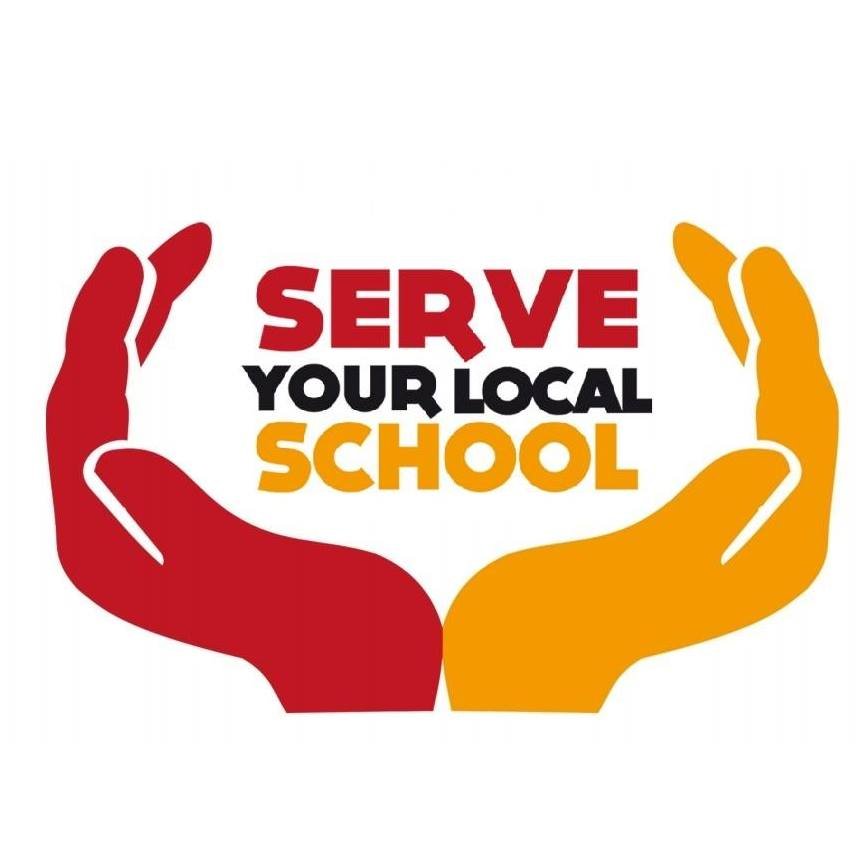Developing Young Leaders
by Jay Thomas
In a previous Church of Scotland role, I delivered a Participatory Budgeting project in our local community. We secured government funding and invited local residents and groups to share their ideas for how best to spend the money.
It was a fantastic way of better understanding local priorities and needs, as well as encouraging local people to be actively involved in the decisions that directly affected them as well as leading change themselves.
Moving to Aberdeen, I thought a smaller scale PB project might be a great way of developing young leaders and so pitched the idea to one of our local primary schools. The school was really open to the idea as developing young leaders had been an area they had identified as a priority in their School Improvement Plan.
We put together a small amount of money of £200 and invited pupils to think of groups, projects, and ideas that might improve their school community.
To help them, we spent a class exploring what makes a good community (using this toolkit from RISC available here and looked at stories of other young people who had made a difference in their own areas.
This included looking at the examples of Climate Change campaigner Greta Thunberg, Mikaila Ulmer who set up a a lemonade business at 11 years old, and 11 year old Yash Gupta who set up his own charity collecting glasses that were no longer used by people donating them to children in need around the world.
What Makes a Good Community Session 1
Session 1 PowerPoint
In the second session we explored what participatory budgeting was, and had a look at the simple worksheet they’d use (available here) to flesh our their ideas. Pupils were given the option of working individually or in small groups.
Once their ideas were formulated (we allowed for 3 weeks) they pitched their projects to a gathering of the upper school (P5-P7), with each pupil getting a total of 5 votes to back their favourite ideas.
The winning projects included creating a friendship bench in the playground, fruit tree planting, and new books for the school library.
As well as encouraging pupils to take the lead, the project also helped school staff understand pupils priorities and to hear the types of activities they were most interested in directly. The project gave pupils a voice and encouraged their active participation. It encouraged creative thinking, introduced democracy, promoted team work and provided the opportunity to learn simple budgeting
From my own perspective, the project allowed me as a local youth worker to build relationships with pupils over a longer period of time, as well as helping inform my wider work as I sought to develop provision for children and young people.

